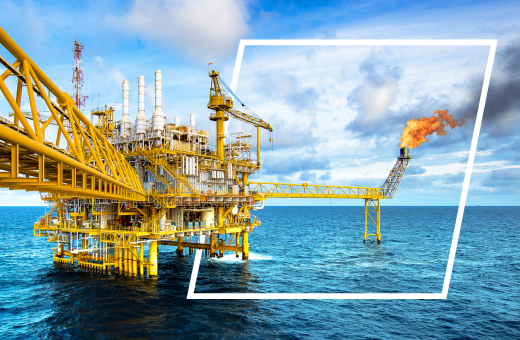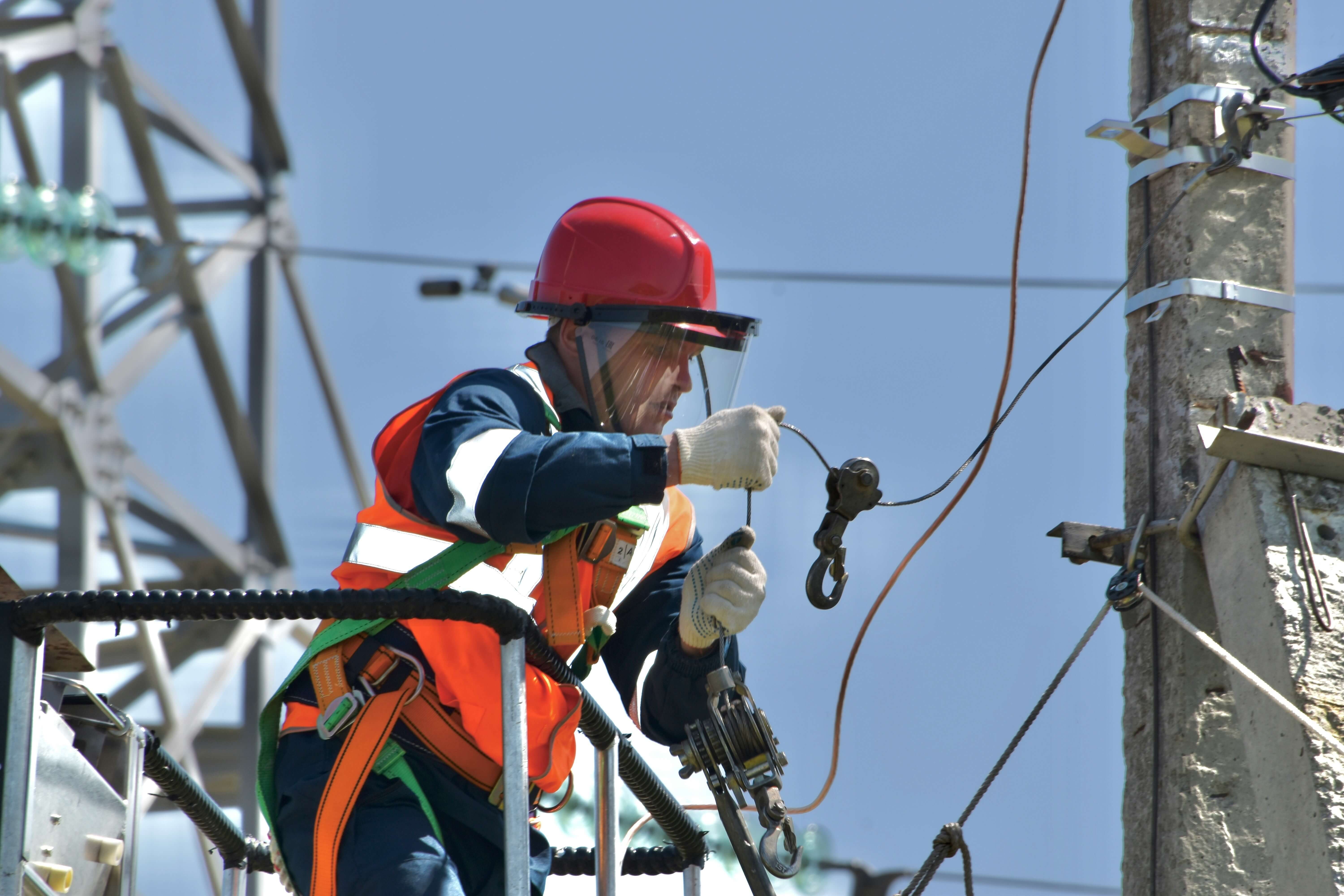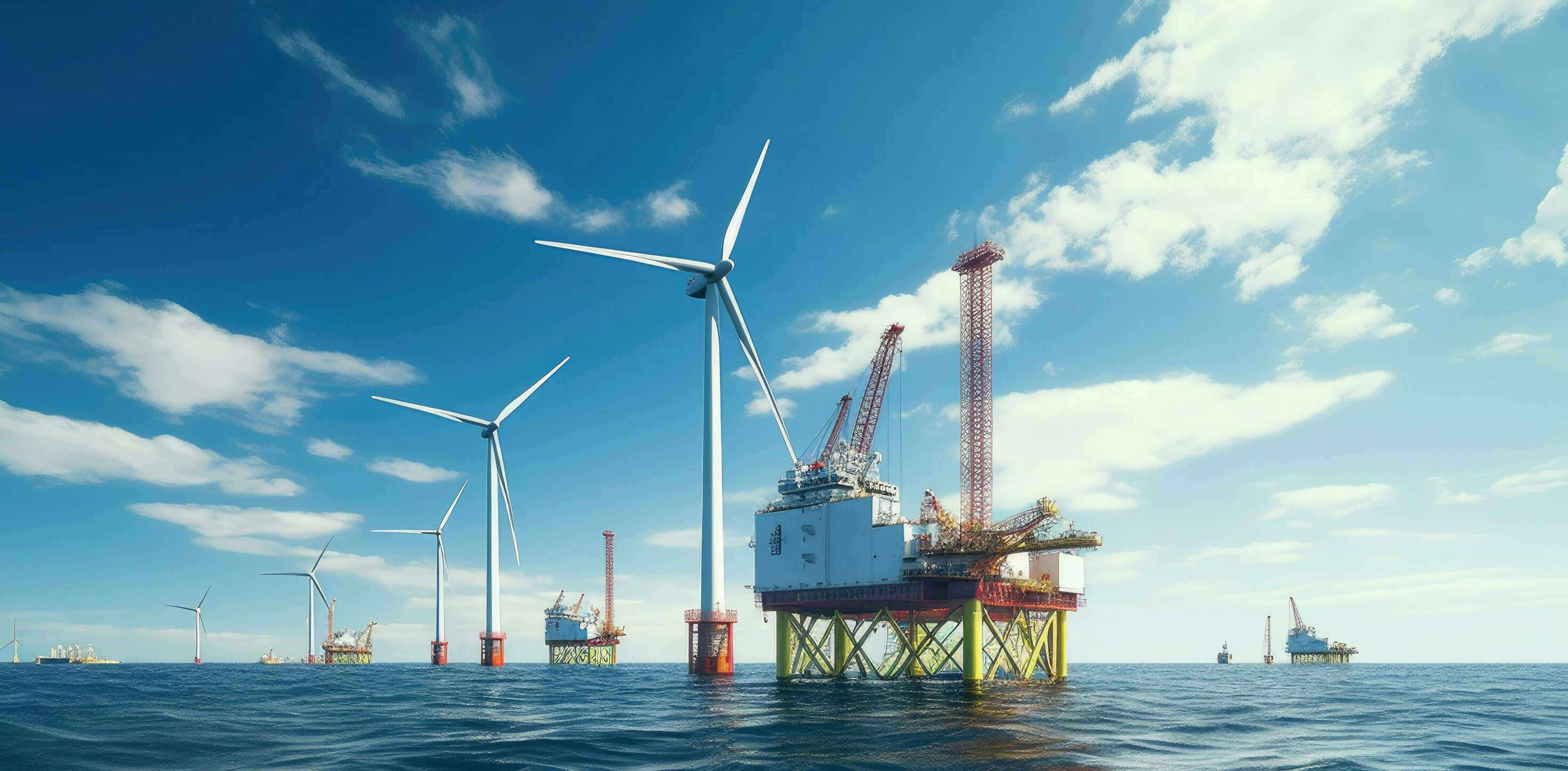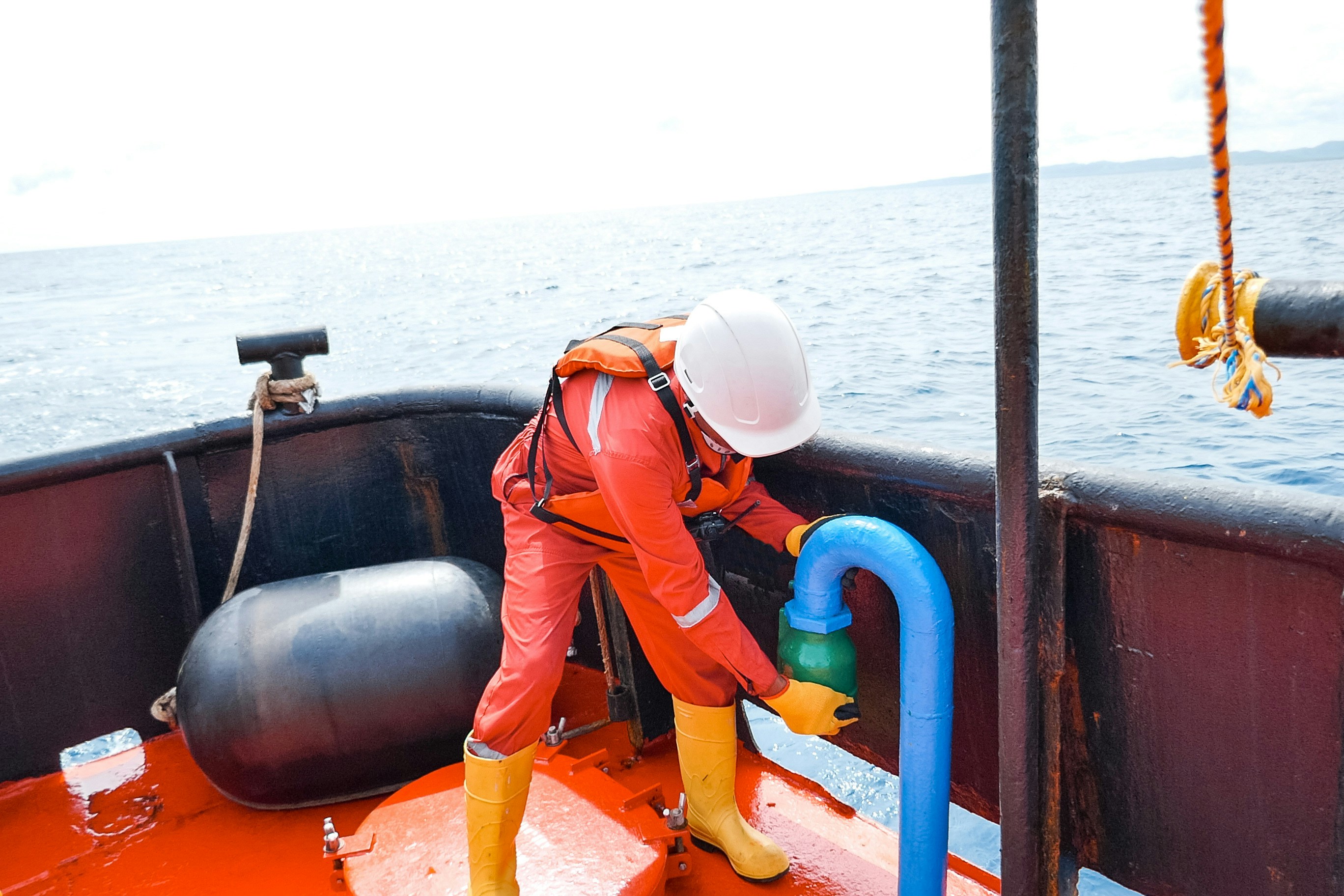The Green Responsibilities of Offshore Oil & Gas in 2023
20 Jan, 202310 minutes
Have you seen the news?
Time and time again, energy sub sectors have headlined in the press for their advancements in green technology (Source: Technology Review).
Bit by bit, the world is changing.
Our priorities are becoming clearer and people are becoming more aware of the carbon footprint they leave behind.
The Green Responsibilities of Offshore Oil & Gas
So, as the industry continues to get attention for its contributions to worldwide sustainability efforts, there’s an observation to be made.
It’s worth noting that it’s not only Offshore Solar and Offshore Wind that has a responsibility to care for the environment… Offshore Oil and Gas do, too.
Already, firms like Eon and Shell have been challenged by their customers to do their part, being held accountable for the decisions they make (Source: Planetary Press).
Now, organisations are having to make conscious efforts to protect the water quality and ecosystems of the areas they work in and travel through.
This social pressure has been growing for the past few years, with no sign of stopping. This could have a huge impact on the operations of Oil and Gas Companies in 2023.
The Need for Green Thinking in Offshore Oil and Gas
With the world on the brink of an energy crisis, Offshore Wind and Solar expansion plans are being approved left, right, and centre.
While this is great news for the rest of the world…
It admittedly increases the amount of competition that Offshore Oil and Gas companies will have to face, for:
- customers
- resources
- employees
- investors
Therefore, to continue securing approval for the work they do (as well as investments that will fund their operations), Offshore Oil and Gas organisations have some changes to make.
The obvious answer?
Acting sustainably, being socially responsible, and continuing to deliver a consistent energy supply. This means changing the way they work with a clear and comprehensive sustainability plan.
“Meeting the energy needs of society in a reliable and economical way has been the mission of the oil and gas industry since its inception. However, decades of high-profile disasters like oil spills, serious pollution, and incessant stories about the need to cut carbon emissions have placed oil and gas sustainability firmly in the spotlight.” -Precognize
The Benefits of a Sustainability Plan to Offshore Oil and Gas Organisations
As well as keeping their stakeholders happy, Oil and Gas companies can actively benefit from outlining their green efforts in a multitude of ways.
It’s not just a one-and-done kind of situation.
1. Efficiency
For example, regardless of industry, sustainability plans often outline different ways a company can make the most effective use of their resources, reduce wastage, and limit unnecessary spending.
2. Productivity
Alongside this, sustainability plans often work to boost the morale of a workforce (Source: ADECESG), where employees typically prefer to work for ethical and considerate organisations. This alignment of values will make a team more likely to stay for the long term.
3. Transparency
To continue their operations in a world brimming with legislation, Oil and Gas companies have to be as honest and open as possible about the work they do. If they are confident they’re acting sustainably, they’ll have nothing to hide and will have more potential as a result.
4. Opportunity
By using their sustainability plan to invest funds into R&D, Oil and Gas organisations might stumble upon something that changes their industry forever. Although more natural resources certainly can’t be produced, that doesn’t mean they can’t be optimised.
5. Legality
With governments showing their willingness to crack down on non-ethical companies, having a sustainability plan could help Offshore Oil and Gas firms avoid legal hot water - such as expensive fines and harmful restrictions.
How to Keep Your Offshore Oil and Gas Operations “Responsibly Green” in 2023
If you’re in the industry, then, you need to start designing a strategy for your company that you can undertake within the next few months.
It’s all well and good to develop a sustainability plan but, unless you can follow it, then you might as well not bother (although this isn’t really a viable option).
To make progress, try:
- Setting SMART goals.
- Creating a step-by-step plan.
- Assigning individuals to fulfil specific tasks.
- Educating your employees.
- Providing training where required.
Ultimately, to make the most of the energy crisis, you’ll need qualified and flexible employees that can lead your business to greatness.
You can either look to promote someone internally and give them the responsibility of reducing your carbon footprint or you can look to expand your workforce through Select Offshore.
Hiring Qualified Employees in Offshore Oil and Gas
We perceive that, in the year to come, regulation and social pressure are only going to increase.
Therefore, you need to recruit a specialist such as an Environmental Scientist or Environmental Advisor - who would be a wonderful asset to your company.
With their expertise, they would be able to analyse the work you do, identify opportunities and weaknesses, and guide you and your employees in making ethical decisions.
Is that something you could benefit from?
“Despite their good intentions and the significant pressure to achieve sustainability, oil and gas companies are still struggling to meet their own goals. Much of this is attributed to a lack of resources since it requires a lot of money and time to create an ESG strategy, implement it across a large organization, and track and measure progress.” - Precognize
Find Offshore Employees through Select Offshore
Select Offshore delivers maritime professionals who are reliable, communicative, and enthusiastic. We adhere to tricky deadlines to secure project success through:
- Executive Search
- Contract Staffing
- RPO Solutions
Our team strongly believes in celebrating each of the individuals we work with, dedicating time to find them desirable offshore placements.
Is the next one with you? Contact us now.


